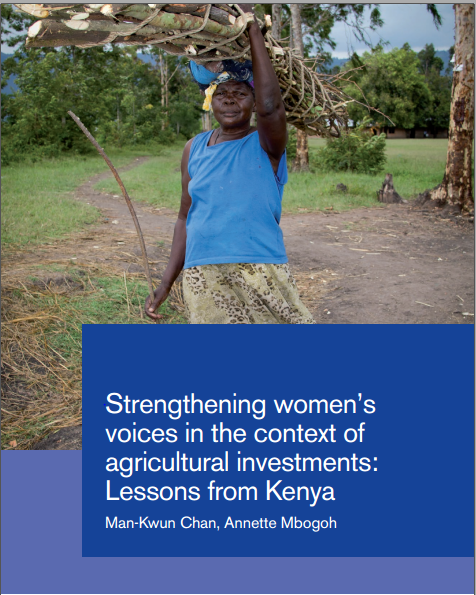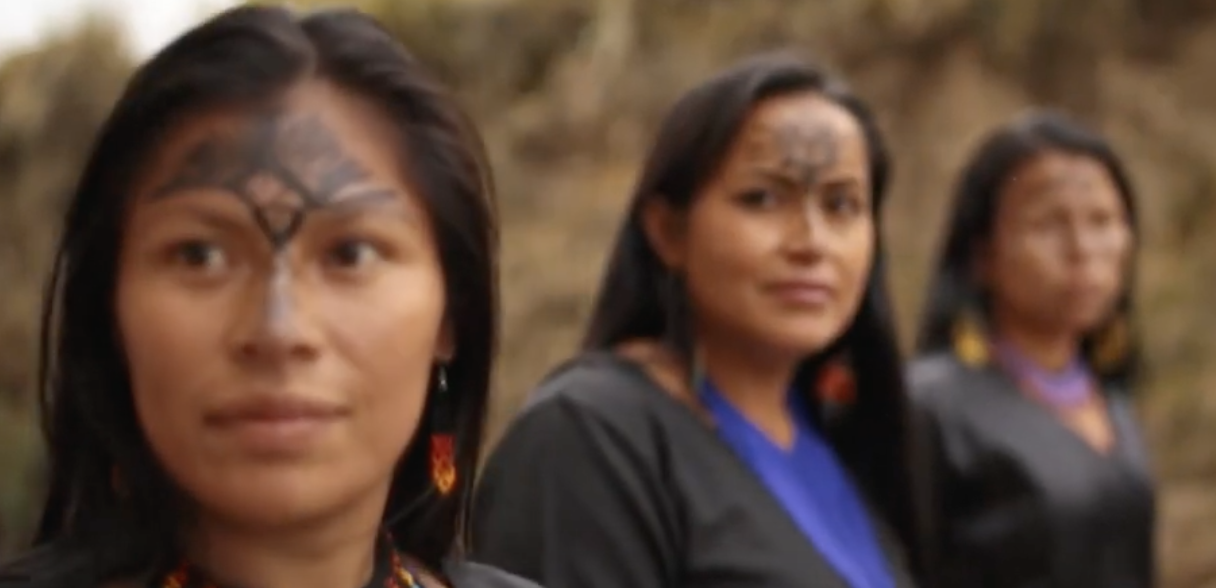Rights and Reality, Are Women's Equal Rights to Land, Housing and Property Implemented in East Africa?
Are women's equal rights to land, housing and property implemented in East Africa? How are land rights translated into national legislation in the Region? This books explores land, housing and property rights in Uganda, Tanzania and Kenya, and looks at how relevant international treaties are transformed into national legislation and policies in these three countries. A detailed analysis of constitutions and laws on land, housing, inheritance, marriage and divorce laws is also offered.










